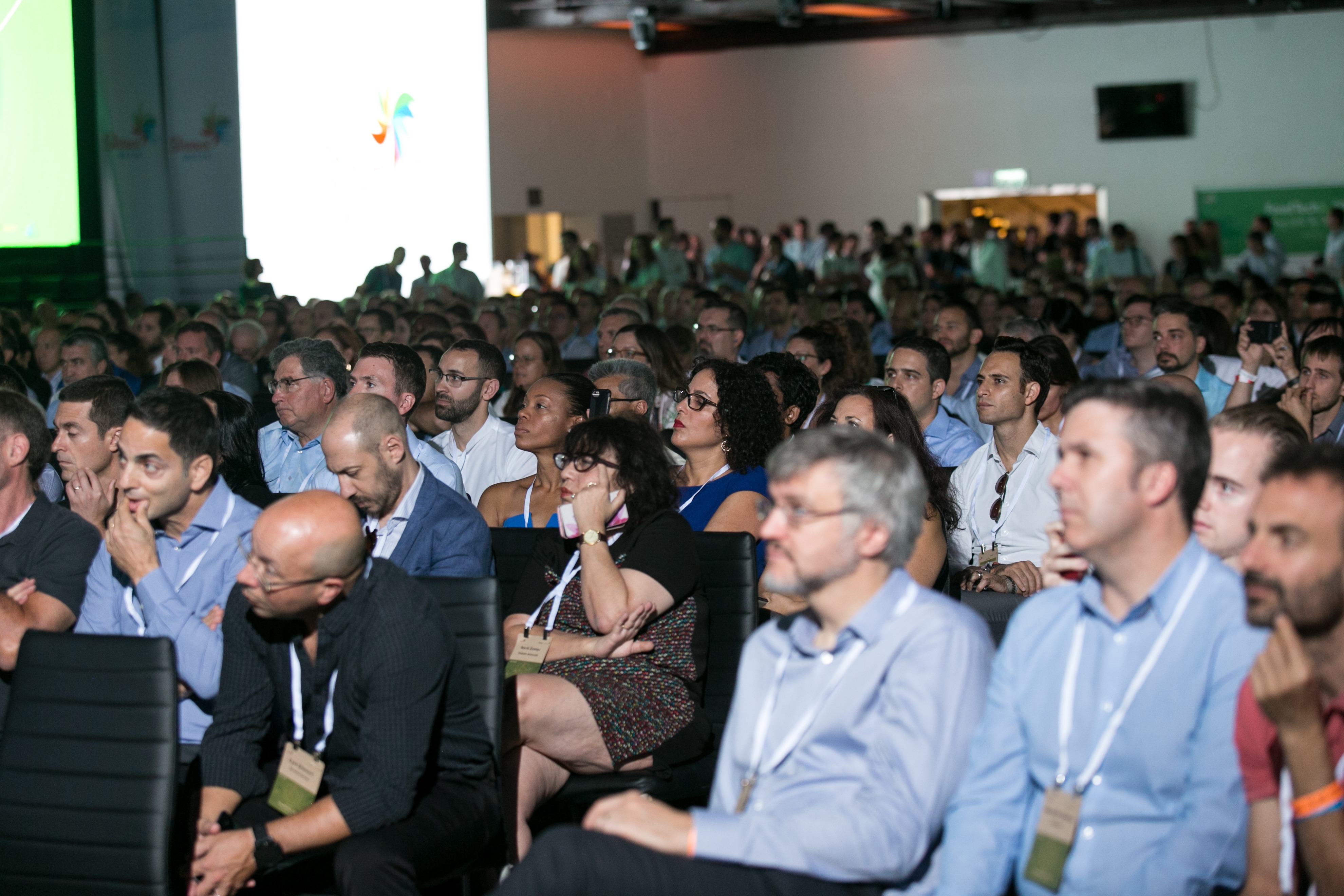Editor’s Note: Amir Zaidman is VP of business development for The Kitchen FoodTech Hub in Israel.
Not so long ago FoodTech was a nascent sector, with all but a few companies in seed and pre-seed stages. Things have dramatically changed over the past several months. We see the sector maturing, attracting funding and collaboration from global F&Bs and international VCs.
The foundation of Israeli FoodTech is supported by three strong pillars:
The first is the fact that for the past three decades, Israel has been an innovation hub and a startup nation. Those who follow are probably familiar with the stats – the density of startups in Israel is second only to the California Bay Area; the country’s ranks very high on patents per capita, engineers in the workforce and VC investments per capita; and so on.
The second pillar is a very strong AgriFood innovation background and history. Being a geo-political island, Israel had to make sure it has all the expertise for a self-sufficient food system. The most well-known case is the one of drip irrigation that was invented in Israel, but there are many others such as the invention of Israeli cuscus due to a shortage in the availability of rice.
The third pillar is of a cultural nature. Israeli entrepreneurs are very agile. They want to do great things and solve big problems. They want to “do good” and they will start their next venture in a sector where they can make an impact and raise funding.
Add to that the progressive nature of Israel’s leading food company, the Strauss-Group, by supporting FoodTech startups through The Kitchen; and the support from the Israeli government through the Innovation Authority and there is almost a perfect storm for FoodTech to emerge as a strong innovation sector in Israel.
Long before it was called FoodTech, as early as the late 1990s, Israeli entrepreneurs were establishing startup companies developing technologies for the food industry. Companies such as Enzymotec, Lycored and Algatechnology. However, the recognition of FoodTech as a legitimate, stand-alone startup sector came during the last decade, and in full force since 2014. The trailblazers of this new wave were companies such as DouxMatok, TIPA compostable packages, Bio Harvest and Hinoman. All of these companies have moved on to raise significant funding.
Israel FoodTech today
So, how strong is the Israeli FoodTech scene today? Here is a roundup of some of the recent big moves and funding rounds in Israeli FoodTech.
Packaging
TIPA, the inventor of compostable packages, concluded a Series C of $25 million, bringing its total funding to $48.5 million.
Meat and dairy alternatives
In the area of cultivated meat, Aleph Farms had raised a $12 million Series A to advance its cultivated steaks, while Future Meat Technologies secured $14 million for taking cultivated fat tissue to market.
In a related space, Redefine Meat, which is developing a 3D printing technology for plant-based meat, had raised $6 million from CPT Capital which is an early investor in companies such as Beyond Meat and Impossible Foods, the poultry processing giant PHW Group and others. Zero Egg, developing a plant-based egg and Rilbite with a unique six-ingredient plant-based minced meat, both raised undisclosed extended seed financing rounds.
Other alternative protein sectors are also flourishing in Israel. Hinoman, growing a unique proprietary protein-rich plant called Mankai, raised $15 million. It is well known that Israelis love Hummus, so it is no big surprise to see two Israeli startup developing protein solutions from Chick-Pea. InnovoPro raised $4.25 million last year while ChickP, which recently came out of stealth mode, raised an undisclosed amount. There’s also news in the insect-based protein front where Flying Spark recently announced a collaboration and investment agreement with Thai Union, one of the worlds largest seafood producers.
Personalized nutrition
In personalized nutrition, DayTwo, promoting nutrition based on gut microbiome analysis, secured a Series B round of $36 million, which brings its total funding to $58 million. Another company in this space is Lumen, which develops a device for measuring metabolism in real-time, and providing nutritional recommendations based on that analysis. The company recently concluded a $8.5 million Series B round, bringing its total funding to close to $20 million.
Sugar
A few Israeli FoodTech startups had shown great progress in developing solutions to our addiction to sugar. DouxMatok, which is developing low calorie sugar had recently completed its Series B funding of $22 million. It also announced a collaboration with sugar giant Südzucker. Amai Proteins is developing protein-based sweeteners, which are coveted by the beverage and dairy industries. This startup has announced collaborations with many F&Bs including giants such as PepsiCo and Danone. Another avenue for reducing sugars is by eliminating them from foods that are naturally very high in sugar, such as fruit juices. Better Juice is a startup that does exactly that. The company had recently signed a collaboration and investment agreement with orange juice giant CitroSuco.
Data and AI
Better food through data, robotics and vision – a few Israeli FoodTech startups had recently announced major advancements in this space. TasteWise is developing consumer intelligence platform for food innovation and recently announced Series A funding of $5 million. Trellis is another startup in this field providing AI-powered food production optimization for potato chips and wine producers. Providing an improved grocery shopping solution is also a focus area for Israeli startups, both for online as well as for physical shopping. Trigo Vision recently secured $22 million in Series A funding bringing its total funding to $29 million. The company is developing a no-checkout shopping solution and had recently announced a partnership with British retail giant Tesco. Optimizing logistics for online grocery shopping is the challenge that Fabric (formerly known as CommonSense Robotics) had decided to tackle. The company had recently raised $110 million B round, bringing its total funding to close to $140 million. Fabric builds robotic-driven micro-fulfillment centers that position logistics centers close to consumers.
Proteins and sweeteners, environment and nutrition, online and offline, personalization and optimization. It seems Israeli FoodTech startups are making giant leaps forward on all fronts. Is Israel’s FoodTech scene really that strong? I believe the answer is a resounding YES.





